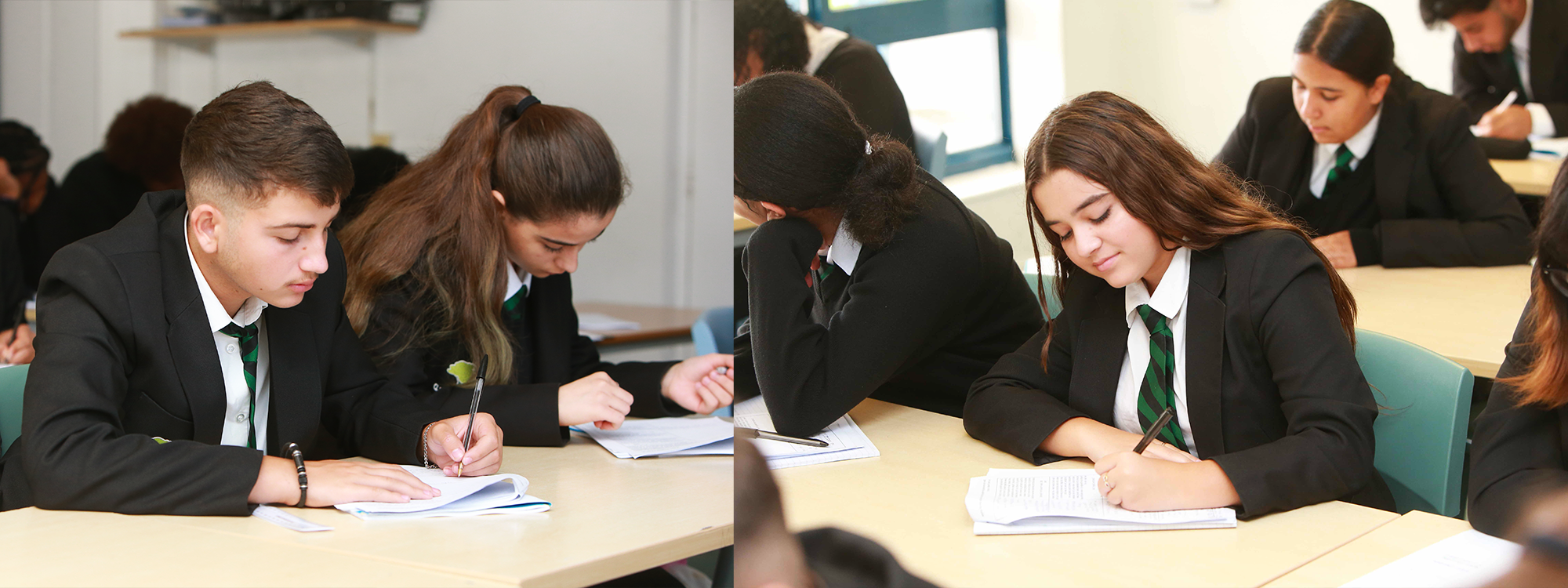- Home
- About Us
- Learning
- Sociology Curriculum Overview
"The function of sociology, as of every science,
is to reveal that which is hidden"Pierre Bourdieu
The course is designed to create lifelong learners by challenging student thinking and developing their understanding about how social processes and structures in society work and how societies influence us and shape our lives.
Students will develop transferable skills including how to investigate facts and make deductions; develop opinions and new ideas on social issues and analyse and better understand the social world. Throughout the curriculum, students are also explicitly taught the disciplinary knowledge required to become an articulate scholar within the field of Sociology.
Impact - Sociology
- Learners develop the ability to contemplate how they acquire their individual identity. They will enhance their awareness of the social world and conduct their own research and draw conclusions.
- Learners will be encouraged to explore and debate contemporary social issues to enable them to challenge taken-for-granted assumptions and to question their everyday understanding of social phenomena.
- Develop the ability to think sociologically in relation to their experience of the social world around them so that they are able to play a positive, active and informed role in society.
Implementation - Sociology
Year 9
Students are given the opportunity to consider how human beings acquire their identity and examine the process of passing on culture from generation to generation in a diverse setting. Students will also be encouraged to contemplate how they acquire their individual identity.
Students will enhance their awareness of the social world, conduct their own research and draw conclusions using sociological theory. Students are introduced to a wide range of T2 and T3 vocabulary as well as positive reading behaviours. Students develop skills such as the ability to outline, describe and explain sociological phenomena.
Students build on skills developed in the sciences and humanities, and enable progression into a wide range of other subjects; for instance the impact of feminism throughout history and the changing influence of religion and beliefs today.
Year 10
Learners will be encouraged to explore and debate contemporary social issues to enable them to challenge taken-for-granted assumptions and to question their everyday understanding of social phenomena. Students will develop their ability to think sociologically in relation to their experience of the social world around them so that they are able to play a positive, active and informed role in society. Students at this stage will develop exam skills, explore command words and become knowledgeable on how to apply them successfully in exam questions. There is a particular focus on analysis and evaluation which requires deeper thinking. Students will draw on perspectives such as Marxism, functionalism and feminism to establish synoptic links between theory and institutions such as the family and education system. They will acquire a continued and developed use of T2 and T3 vocabulary and use reading strategies such as skimming.
Year 11
Students are required to analyse and evaluate sociological theories, concepts, evidence and methods in order to construct arguments, make judgements and draw conclusions.
The course follows the WJEC Eduqas syllabus with students studying the core topics of Crime and Deviance and Social Stratification which are underpinned by key theoretical perspectives and research methods, exploring issues such as inequality, the distribution and use of power and experiences of different social groups in society. Throughout the specification students are expected to be able to critically evaluate different methods of sociological research/data which requires students to think like and act like a ‘sociologist’.




